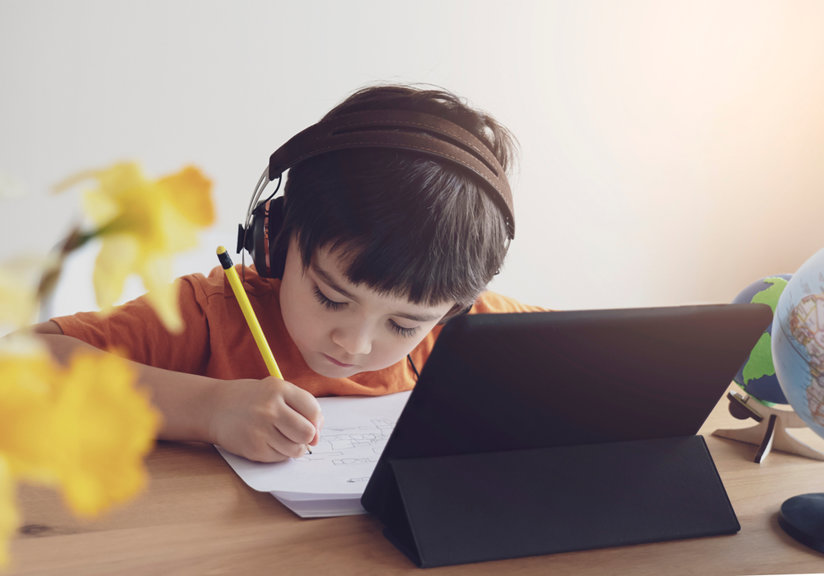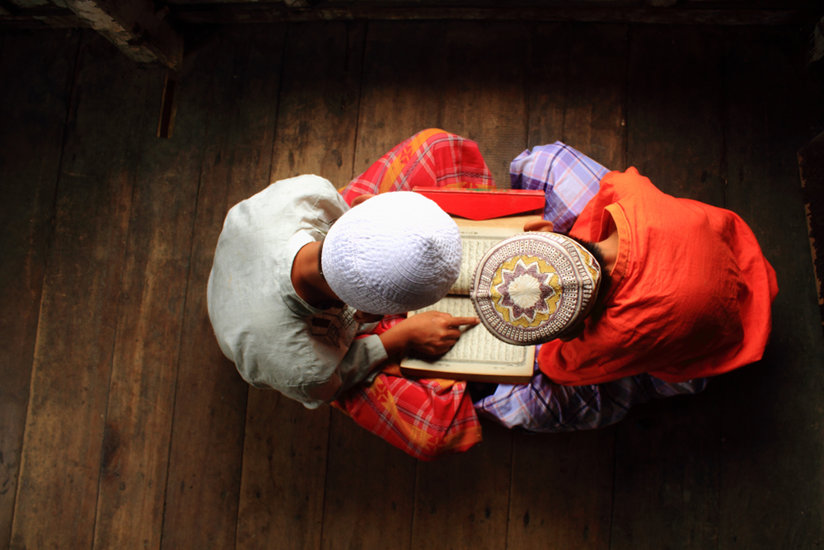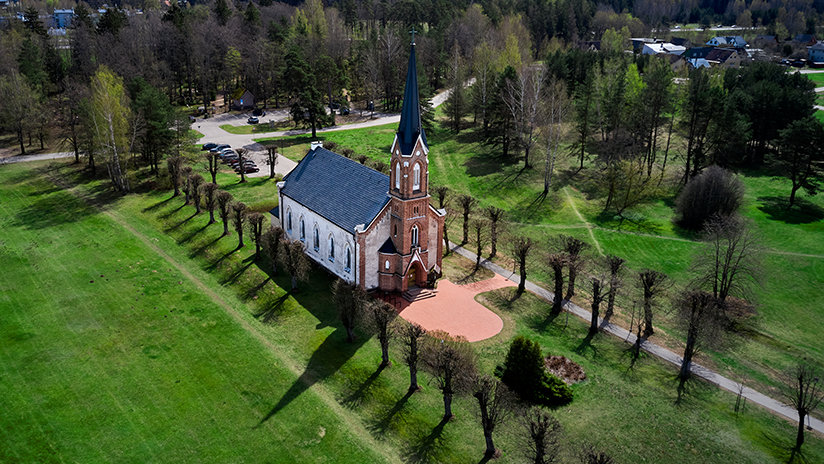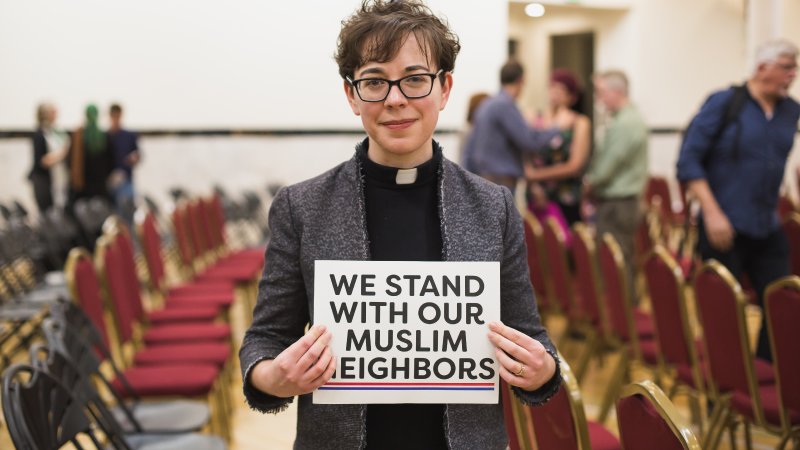
-
HOME
-
WHAT IS STANDOur Mission Our Values Our Help Contact
-
WHAT WE FIGHT FORReligious Freedom Religious Literacy Equality & Human Rights Inclusion & Respect Free Speech Responsible Journalism Corporate Accountability
-
RESOURCESExpert Studies Landmark Decisions White Papers FAQs David Miscavige Religious Freedom Resource Center Freedom of Religion & Human Rights Topic Index Priest-Penitent Privilege Islamophobia
-
HATE MONITORBiased Media Propagandists Hatemongers False Experts Hate Monitor Blog
-
NEWSROOMNews Media Watch Videos Blog
-
TAKE ACTIONCombat Hate & Discrimination Champion Freedom of Religion Demand Accountability
International Day of Education: From COVID to Religious Literacy
I’ve been researching religious literacy as well as the effects of the pandemic on education as a whole, and this Day of Education theme got me thinking about the relationship between the two. They’re apparently disparate subjects. But then I realized they’re both viruses: the coronavirus that results in COVID-19 and the virus of hate and bigotry that comes from lack of understanding.
They both have a common denominator: separation.

One of the unfortunate effects of lockdown is that students are separated from their teachers and from each other. That distance leads to a feeling of alienation and that feeling can lead to real alienation: “otherism” in current parlance.
Similarly, members of religions often tend to stick together, sometimes separate from others—either by choice, by custom or through alienation produced by discrimination—and can experience “otherism” themselves.
In either case, separation brings about the antithesis of education: a lack of understanding of each other—and that leads to a weakened generation and a weakened society.
They both have a common denominator: separation.
We’ll get over COVID and its lockdowns. This too shall pass. People will go back to school.
But it will take a lot more than reuniting classmates to overcome the differences and prejudices between members of different religions, not to mention rifts between an increasing number of people who have no religion at all and those of us who are religious. These divisions have gone on for centuries and, unchecked, could go on, worsening, forever.
Truth be told, the intolerance and hate that come from otherness are as old as the human race, and without diminishing the devastating effects of the pandemic, constitute a far more deadly and lasting virus for all humanity.
What it will take to reverse this, I’m convinced, is education, real education—education on each other and our religions. Not religious education to be a better Catholic, Jew, Scientologist or Muslim, but education about religion as a broad subject with an eye toward religious literacy: an increased understanding about the beliefs of our fellows. A recent STAND blog post describes this distinction in detail.

I was introduced to this concept early. Comparative Religion was a required course in college. Since I was already interested in spiritual matters, I ate it up. One of the main things I learned was how little I knew. It helped me open my eyes, rid myself of a boatload of false ideas and prejudices and gain a respect for the beliefs of others.
This was reinforced in my studies to become a Scientology minister because a major part of that endeavor is further education in comparative religion.
But that was just the beginning of my quest for religious literacy. From there it has been ongoing, fueled by curiosity.
What it will take to reverse this, I’m convinced, is education—real education.
I must admit, however, that the term “religious literacy” didn’t come to me until my virtual introduction to Ken Chitwood last June. A few months later I came across Dr. Craig Considine. These two are shining advocates of religious literacy. Both have made careers of tearing down walls and building bridges of understanding that bring people together. Both are engaging speakers who bring subjects alive. Here’s a sample of Ken at work. And here’s Craig.
They are not the only ones. A Google search of the term “religious literacy” shows more than 80 million results. That’s 80 million reasons to have hope.
If we get enough people actively pursuing religious literacy and understanding and promoting it to others, we stand a good chance of knocking out the virus of otherism, hate and bigotry.
It starts at home, which makes it easy if you’re under lockdown.
And that makes it easy to celebrate International Day of Education in a meaningful way: let’s start reducing all this separation—starting with our own hearts and minds—by learning about each other and our beliefs.









